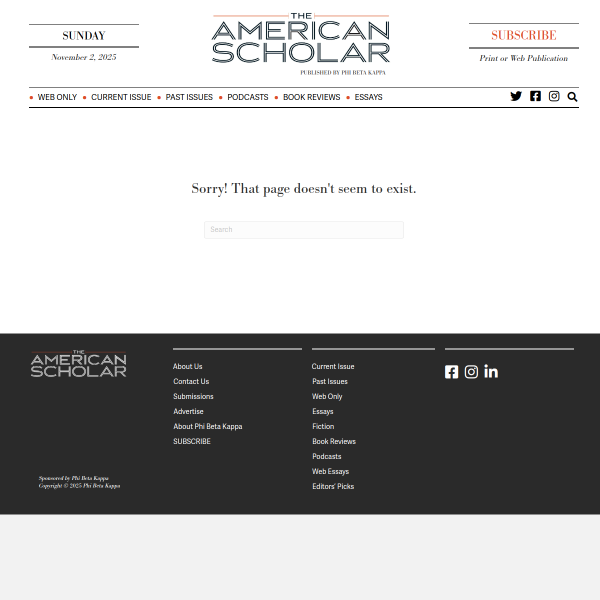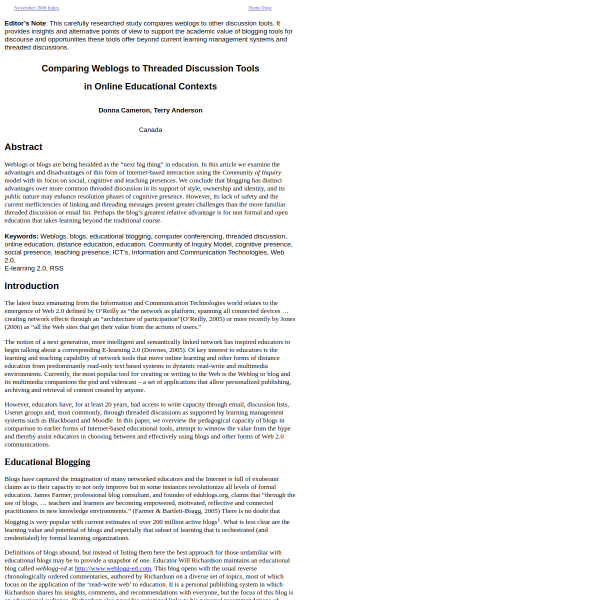Never-Got-Around-To-Responding Linkdump
Posted by Richard on Sunday, 18 November 2007It's been a while since I've done an old-fashioned linkdump. All of these are articles or posts that I wanted to respond to but never found the time to, and yet had stuck in my bookmarks.
- an interview in Fast Company with John Taylor Gatto about teaching and homeschooling
- three articles by Dave Pollard: ackwnowledging that he's an intense person, arguing that blogs haven't really filled a real need yet, and un-interviews
- an argument for no more advertisements in video games, which I think I found looking for arguments about how video games are the new music distribution channel
- Derek Miller wants more active voice in news broadcasts, and I agree: I bet if you did a content analysis of just one BCTV newscast, you'd find enough passive voice to write a blog post about
- I read Why Newspapers Matter, Danger to Human Dignity: the Revival of Disgust and Shame in the Law, The Gentle Art of Selling Yourself, Why Americans hate Paris Hilton, Marketing to Introverts and the Gentle Art of Saying No long enough ago to forget what they said
- William Safire on addressing people in written correspondence. How I address people depends on how close I am to them. I'm cheerier to customers and usually address them by name the first time they send in an email. But generally, the closer I am, the less likely I'm going to address them by name.







